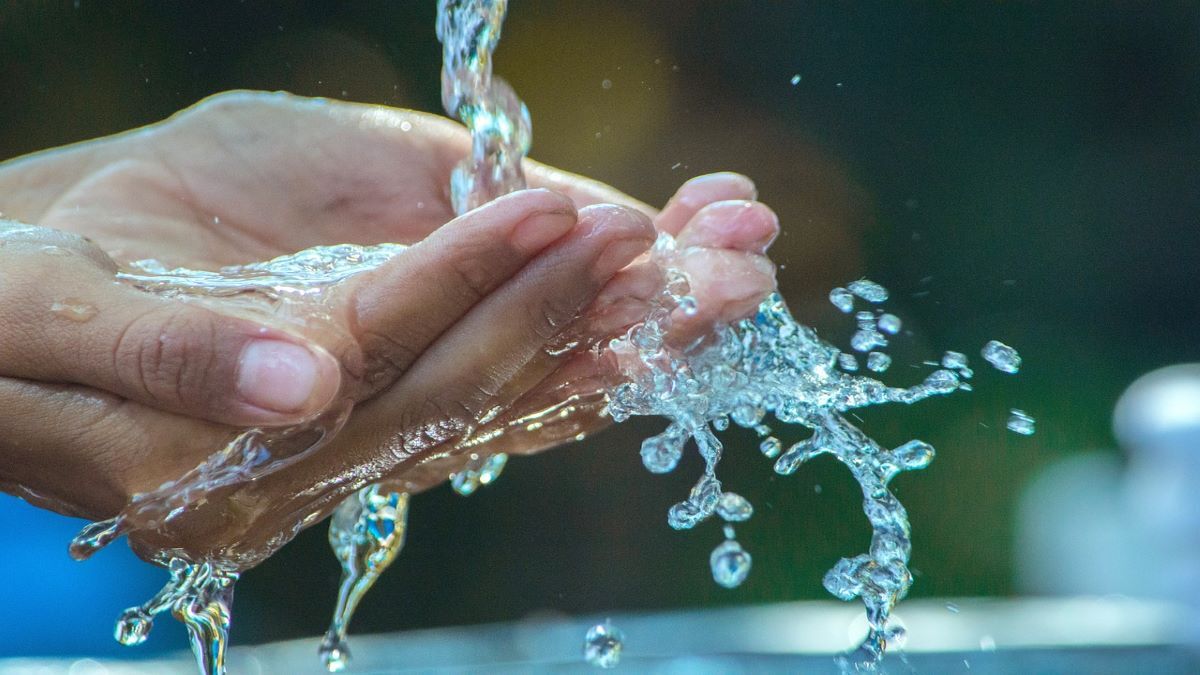A Lagoon Wastewater Treatment Action Plan, coupled with nearly $2 million in research grant funding provided by the U.S. Environmental Protection Agency, will assist rural, small and Tribal communities in improving access to clean water.
The action plan, to be implemented through 2026, and research funding to two universities are designed to encourage development of wastewater treatment technologies to help small communities served by lagoon and pond systems, a news release said.
“Many small and rural communities in the United States rely on a wastewater treatment process that falls short of environmental and public health protection,” EPA Assistant Administrator for Water Radhika Fox said in the release. “The Lagoon Action Plan will help communities with lagoon systems ensure their local water quality isn’t impacted by improper wastewater management.”
A common form of decentralized wastewater treatment, lagoon wastewater treatment systems use earthen ponds to break down wastewater through natural biological processes, the release said. They have low operating cost, low minimal operating requirements and built-in solids storage.
Michigan Technological University in Houghton will receive funding “to deploy and test a floating treatment wetland system in a lagoon in a small community in northern Michigan,” the release said. West Virginia University in Morgantown will receive funding “to evaluate current and potential technology options to remove nutrients from lagoons systems.”
“Lagoon wastewater systems are essential to many small, rural and Tribal communities,” Chris Frey, assistant administrator for EPA’s Office of Research and Development, said in the release. “EPA is funding this research to help improve water quality and better serve these communities.”








